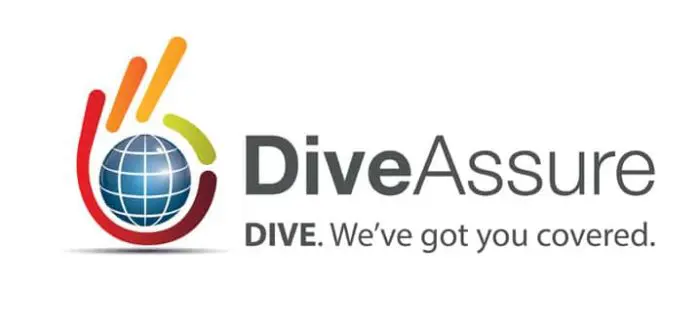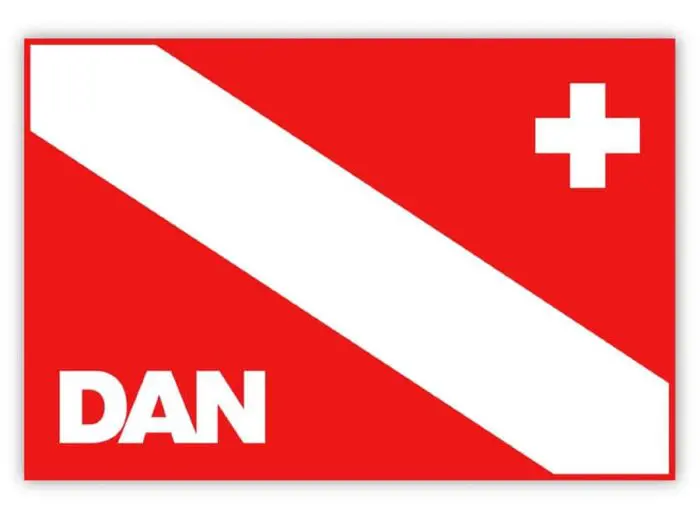Insurance, most people are just overloaded with the need for insurance. We are told we need health insurance, automobile insurance to drive our cars, life insurance, property or renter’s insurance, and if we buy a house then there is title insurance. While scuba diving is a safe sport when properly trained, there are some risk. Those risk can create the need for emergency medical care. In the case of Decompression Illness the treatment is not available in every hospital and may not be covered by your normal insurance. Many divers travel away from home which can create additional concerns. So, travel insurance is another items that may be needed.
Do you need travel insurance?
I will admit I was slow to embrace getting travel insurance. I still do not always get it, however, I do on most of my international trips. First off your health insurance might not cover you outside of your home country. Even if it does, it might require you to settle the bills and then be reimbursed. The way things work in other countries may be drastically different them what you are used too. You may be required to post a cash deposit before the hospital will even help you. While it is not directly related to traveling overseas, here is an example I know from personal experience that shows how things are different in some countries. This happened in the Philippines. The wife of a friend of mine was about seven months pregnant when she started to miscarriage. She was rushed to a nearby hospital. The husband rushed from work and arrived to find the wife waiting outside of the hospital. She did not have her insurance card with her. The hospital would not accept their word they had insurance nor would they accept his insurance card as proof. By the time he went home, got her insurance card and returned the women and the baby had died and was still outside of the hospital. In another case a friend had a heart attack and was rushed to the hospital. He had his insurance card so was able to get the emergency care he needed. However, when it came time to leave the hospital he was required to pay his bill before being discharged. His charges went up by $3000 before his insurance company was able to make an advance.
Here is another example straight from the newspaper. Last year, 12 year old Peyton Johnson was on a cruise to Mexico with his family when he had appendicitis. The cruise ship’s doctor determined he needed an operation and when they docked he was taken to a local hospital. When they arrived at the hospital he was admitted and stabilized. However, the surgeon required a down payment of $3,300 before doing the operation. Relatives had to raise the money and send it to Mexico. The family also had to pay the hospital bill before leaving the hospital. That bill had soared to $14,000 before Peyton was well enough to travel to a Dallas hospital for follow up care. Also the trip between hospitals was an additional $6,000. The travel insurance for the child would have been less than $50.
Travel insurance policies can cover other items related to your vacation. Common coverage will reimburse you for cancellation penalties if you are unable to travel because of your illness or a death in the family. If a plane is late causing you additional expenses they will cover those. Luggage still get lost on flights and insurance will help you get new items you might need until your bags catch up with you.

Dive Insurance
If I have my regular health insurance or even travel insurance, why do I need dive insurance? A good look at your current health plans and insurance would be needed to answer that with any degree of accuracy. However, there are a few common items that frequently seen. Many policies still see scuba diving as a high risk sport and exclude injuries related to diving from a policy. If you have a policy that excludes the sport, you have no insurance if injured. Even if you are covered, your regular insurance or health plan may leave you will large bills. Treatment for dive injuries can be very expensive and could exceed the limits of your policy. There may also be substantial out of pocket expenses and co pays. Another point deals with subject matter experts. With most of the dive insurance companies, when you call about a dive injury, you will talk to a dive medicine expert. They know what questions to ask to evaluate the severity of the problem, also they are available to provide professional assistance to medical personnel not trained in dive medical emergencies. Another benefit is that most of the dive insurance companies already have agreements in place with treatment centers to guarantee payments. So even if your health or travel insurance covers the cost, you do not have to pay first and wait to get reimburse.

There are two major dive insurance providers – Diveassure and Diver Alert Network aka DAN. Diveassure has partner with the Duke Center For Hyperbaric Medicine & Environmental Physiology. The Duke Center provides the medical personnel to assist in the evaluation and monitoring of treatment. The company is a primary insurer, this means they are the first to pay. They will pay the treatment facility directly. If necessary they will immediately send any deposits required either direct to the treatment facility or to policy holder. Currently there is a situation where Diveassure does not provide coverage for US residents who are diving in the US. They do provide coverage in the US for those residing elsewhere and coverage worldwide except the US for US residents.

DAN is a secondary insurer. This means that your primary insurance needs to pay first and DAN will pay the balance. However, to help ensure that there are no delay in treatment, DAN will guarantee payments. They have agreements in place with most diver treatment facilities so that it just takes a phone call authorization to start your treatment. DAN has their own research facilities and are active in diver education.
Both of these companies have annual plans as well as short term plans. If you dive more than a few times a year an annual plans is a better value. Also medical evacuation is also covered.
The cost of the travel and dive insurance plans are very worthwhile for most divers, review your current coverage and see if you should be getting your own before your next dive.

